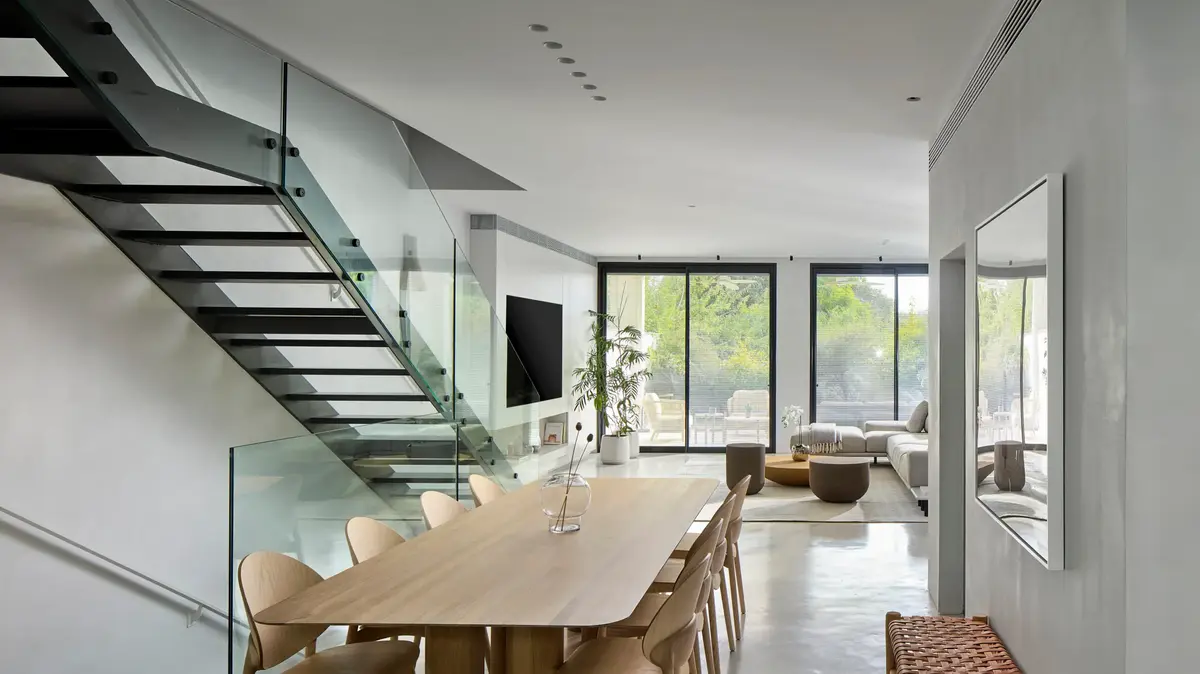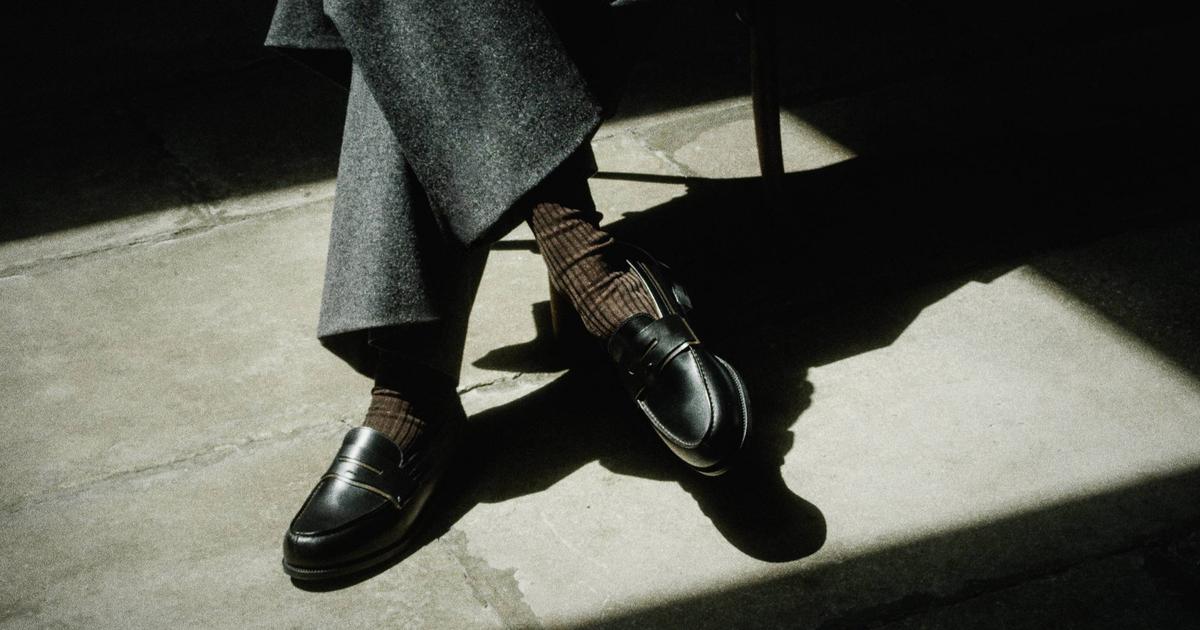Tartous-Sana
180 female workers in 12 rural industries units of the Directorate of Social Affairs and Labor in Tartous governorate are working to preserve the manufacture of handmade carpets and wall paintings as an authentic traditional handicraft and an ancient Syrian tradition.
The trainer, Faten Barhoum, from the Qunya unit, told SANA reporter that she started working five years ago, where she underwent a six-month training course and then a supplementary course and practiced the profession within the unit until she became a permanent trainer, noting that she gained great experience.
In her turn, the worker, Dalia Baroud, in the Al-Barqieh unit, expressed her happiness in practicing a safe work that requires a lot of accuracy, effort and time to accomplish the desired.
Head of the Rural Development Department in the Directorate of Social Affairs and Labor in Tartous, Eng. Izdihar Belqis, explained that the handmade carpet industry has witnessed in recent years a remarkable improvement in terms of production and demand, despite the difficulties and challenges it faced. Safita, Baniyas, and Sheikh Badr, and has approximately 180 female workers.
The hand-made carpets and wall paintings, according to the engineer, Balqis, are characterized by the diversity of their shapes and designs that mimic the heritage and distinguish it from other industrial carpets, especially that it is hand-made with skill, precision, workmanship, more durable and high-quality in terms of workmanship and quality of materials. .
Balqis pointed out that the materials used in its manufacture are raw materials, cotton threads, natural wool, and looms. They have been available in the units since the date of their creation, and they are maintained periodically, in addition to the designs that are also in each unit, but the new ones need a painter to be downloaded as an initial copy on a paper designated for this purpose. Until it is copied to several copies.
Belqis added: The sizes of the carpets vary according to demand, and the murals are of small sizes, pointing out that marketing takes place through two exhibitions of the Directorate, the first in Tartous and the other in Baniyas, in addition to marketing directly from the units.
In addition to production, rural industry units train women workers by subjecting them to training and supplementary courses on manual occupations, the aim of which, according to Balqis, is to enable them to acquire a craft so that they will be able through it to secure an appropriate job opportunity. Courses are announced according to the needs of the workers within each unit.
Belqis pointed to the importance of returning to the manufacture of handmade carpets and focusing on it as a handicraft, as it is one of the ancient industries that distinguished Syria and working to maintain its continuity, like the rest of the industries that left a mark in the country's history and originality.
Hiba Suleiman
Follow Sana's news on Telegram https://t.me/SyrianArabNewsAgency















